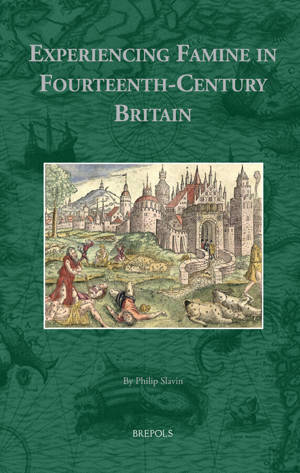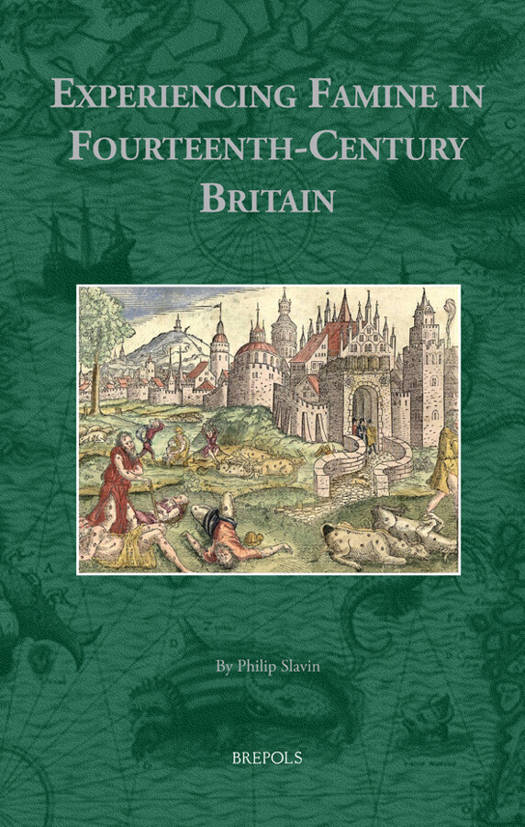
- Afhalen na 1 uur in een winkel met voorraad
- Gratis thuislevering in België vanaf € 30
- Ruim aanbod met 7 miljoen producten
- Afhalen na 1 uur in een winkel met voorraad
- Gratis thuislevering in België vanaf € 30
- Ruim aanbod met 7 miljoen producten
Zoeken
€ 116,60
+ 233 punten
Omschrijving
The agrarian crisis of 1315-17, known to history as the Great Famine, was one of the most devastating environmental crises to hit Europe within the last two millennia. The almost biblical flooding of 1314-16 brought about a series of crop failures, triggering a widespread agricultural crisis that unfolded into a catastrophic famine, which hit both human and animal populations with unprecedented force. The impact of this crisis, and the major long-term environmental consequences that followed, thus mark a truly watershed moment in European history. This volume provides an in-depth study of the Great Famine as it affected the British Isles, but through this focused approach, it also offers new insights into the late-medieval North European economy and society at a time of political, socio-economic, and biological shocks and crises. Close analysis of contemporary archival sources reveals that the Great Famine was a highly complex phenomenon made by both Nature and man; and this is reflected in a highly interdisciplinary approach that studies climate, economy, demography, and health, as well as the way in which human behaviour further exacerbated the impact of famine.
Specificaties
Betrokkenen
- Auteur(s):
- Uitgeverij:
Inhoud
- Aantal bladzijden:
- 442
- Taal:
- Engels
Eigenschappen
- Productcode (EAN):
- 9782503547800
- Verschijningsdatum:
- 7/11/2019
- Uitvoering:
- Hardcover
- Formaat:
- Genaaid
- Afmetingen:
- 165 mm x 239 mm
- Gewicht:
- 907 g

Alleen bij Standaard Boekhandel
+ 233 punten op je klantenkaart van Standaard Boekhandel
Beoordelingen
We publiceren alleen reviews die voldoen aan de voorwaarden voor reviews. Bekijk onze voorwaarden voor reviews.











